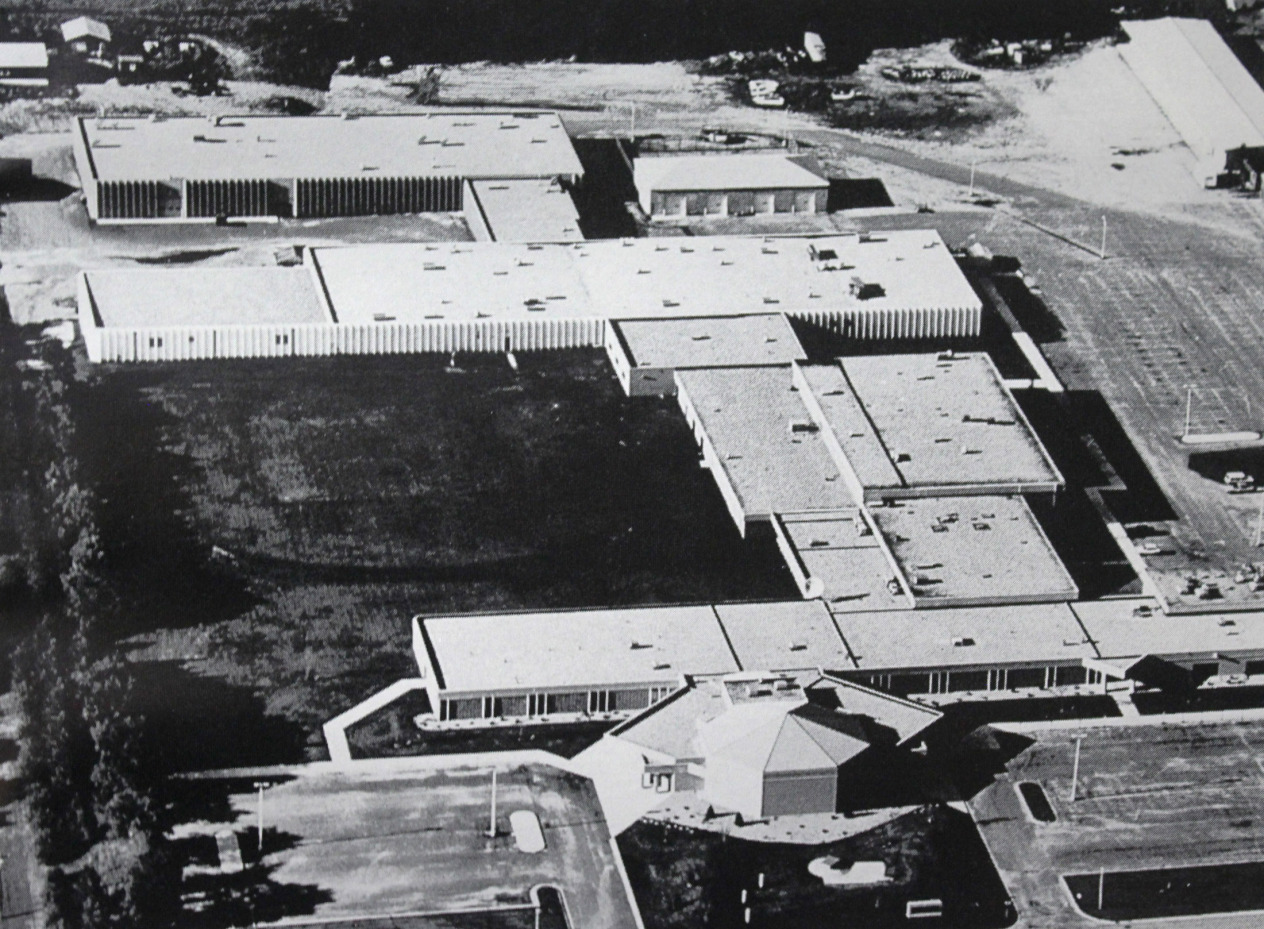Search
ELEC1100 - Electrical SafetyCredits: 1 (1/0/0) This course provides students with an understanding of occupational safety practices and requirements associated with working in the electrical industry. It also covers the purpose and enforcement of general safety rules.
PHYS1411 - University Physics ICredits: 5 (3/2/0) Meets MnTC Goal Area 3. This course, which is open to all students but especially suited for engineering students, gives a theoretical and practical introduction to physics for math, science and engineering majors. It is a calculus-based course
CPTR1104 - Introduction to Computer TechnologyCredits: 3 (2/1/0) This course covers the operation of personal computer hardware and software. It provides an overview of a personal computer operating system and word processing, spreadsheet, presentation, email, scheduling, Internet and database management software.
CHEM2224 - Organic Chemistry ICredits: 5 (4/1/0) Meets MnTC Goal Areas 2 and 3. This course is the first course of a two-course series (CHEM2224 and CHEM2225). Students will learn organic chemistry principles including introduction to the classification, structure, nomenclature, reactions and
ECON1150 - Essentials of EconomicsCredits: 3 (3/0/0) Meets MnTC Goal Areas 2 and 5. This course is an introductory study of economics and exposes the student to a variety of economic concepts. In order to enjoy a successful career, people need to understand how economics impacts the environment in
ELEC2230 - Electrical Building Information ModelingCredits: 2 (1/1/0) This course will provide the student with an introduction to Building Information Modeling (BIM) concepts, terminology and application of best practices being used in the electrical industry.
BIOL1115 - Introduction to BiotechnologyCredits: 3 (3/0/0) Meets MnTC Goal Area 3. This course is designed to acquaint students with the field of biotechnology including historical development, current technologies and future trends. An overview of the molecular and genetic principles and processes used to
MCS2230 - Multicultural AmericaCredits: 3 (3/0/0) Meets MnTC Goal Area 7. This course provides an introduction to multicultural perspectives on American education. Given that the United States is becoming more culturally diverse and operates within an increasingly globalized world, citizens need to
MLT2232 - Clinical Hematology and CoagulationCredits: 3 (0/3/0) This is a clinical experience course related to the performance of hematology and coagulation tests under the supervision of laboratory professionals at an affiliate laboratory. This course provides further investigation and study of the methods and
MUSC1160 - Music Business: Creating and Promoting MusicCredits: 3 (3/0/0) Meets MnTC Goal Area 6. Students study and prepare music in various contemporary styles. The group(s) will perform each semester. There will be special emphasis on aspects of music business and performance, including audio demo production, promotion
